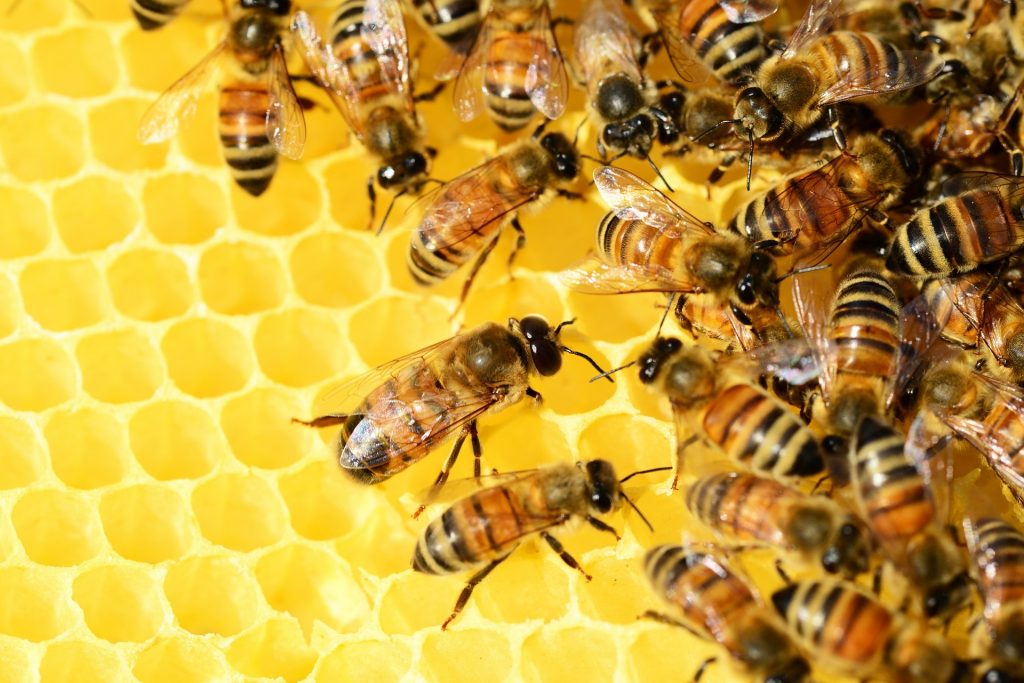Fat cats – what can they tell us about human obesity, and vice versa?
It’s estimated that between a third and two thirds of pet cats are overweight, depending on the assessment method used. Cats suffer from obesity and diabetes mellitus in ways that are very similar to the obesity and type 2 diabetes found in humans. But can these similarities tell us anything useful about how to tackle…
Tourism and animal welfare: a 21st century dilemma
Tourists encounter animals in many different situations: photo opportunities, street performances, animal rides and specialised ‘sanctuaries’ such as elephant homes and tiger temples. Tourism may benefit wildlife, by funding wildlife animal conservation, as well as providing vital income for local communities, but the exploitation of animals in animal entertainment can be a cruel and degrading experience for intelligent sentient creatures.
One health – human, animal, environmental and plant health
Ahead of One Health Day tomorrow (3rd November 2018), Robert Taylor, CABI’s Editorial Director, explores the relationships between human, animal, environmental and plant health… The ‘One health’ initiative launched in 2007 was designed primarily to break down the barriers between human and veterinary medicine, particularly for dealing with zoonotic diseases. The link between BSE and…
The impact of invasive species on human health
By Giuseppe Mazza and Elena Tricarico, Università degli Studi di Firenze, Italy Invasive species are becoming a popular topic in newspapers: when articles appear, they mainly report the damages invasive species can cause to our ecosystems (e.g. reduction or disappearance of native species as well as habitat modification) or to our economic activities: fishing or…
Invasive species: the threat to human health
The damage that invasive species can cause to the environment and the economy are well known, but impacts on human health have been much less analysed. However, invasive species can cause impacts ranging from psychological effects, phobias, discomfort and nuisance to allergies, poisoning, bites, disease and even death. Invasives experts Giuseppe Mazza and Elena Tricarico…
Why it’s hard to teach old dogs new tricks
Dogs, just like humans, can have problems with learning, memory and attention, particularly as they get older. Several tests of cognitive ability in dogs have been used in research with a particular focus on the effects of ageing. What is less well understood is how diseases affect these cognitive abilities. In an article in CAB…
New Trial Eradicated 80% of a Disease-Carrying Mosquito Population
A new trial experiment undertaken in Australia has been shown to successfully eliminate 80% of the disease-bearing mosquito Aedes aegypti.
Influencing Tourists Towards Animal Welfare in Africa
One of the consequences of the uncontrolled human activities is the possible detrimental effects on animals. Scientists describe animal welfare as the mental and physical wellbeing of the animal with a measure of how the individual copes in its environment and considers opportunities for expressing happiness or pleasure.
Assessing Animal Welfare
By Stephen Blakeway As a tourist how can we assess whether the animals we see have good welfare, and ideally, ‘a good life’? Recently, I’ve been a tourist in Mexico and Jordan, and, having contributed to ‘Tourism and Animal Welfare’, I took the opportunity to think more about this question. As my interests are animals…





